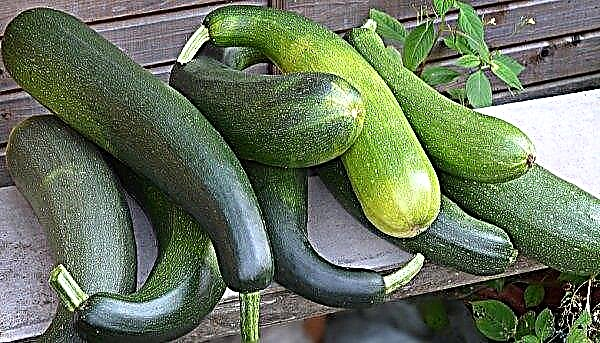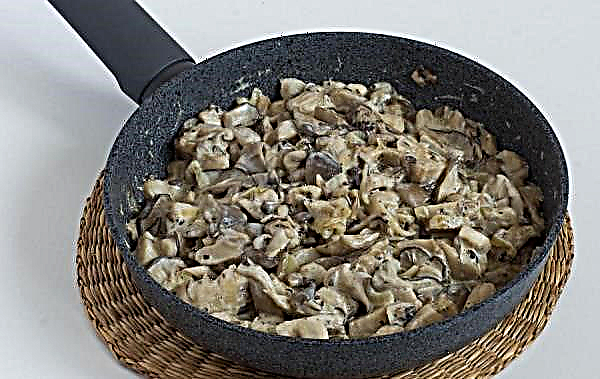Recently it became known that representatives of Saudi Arabia allowed wheat producers from the Black Sea fields to participate in tenders for the supply of grain.
And today, analysts around the world see in this decision a certain threat to wheat producers in Europe. It is believed that exporters from the EU will soon be forced to urgently seek alternative ways of marketing their products.
So, market experts are sure that the inexpensive cost of the Black Sea (in particular, Russian) wheat will be too tempting for buyers from Saudi Arabia.
Together with the favorable price for transporting grain, Russian wheat has every chance to take a leading position in the world market and dominate other importing states.

Germany, which today is considered the largest supplier of wheat to the Saudi Arabian market, is particularly afraid of losing the status of a leading import grain supplier.
For the same reasons, manufacturers in Poland and the Baltic countries are worried. All of them expect that in the near future they will have to go to other distribution channels and, for example, increase export volumes to Algeria, which is interested in large deliveries.

However, this may upset French suppliers, who are already preparing for the prospect of sharing Algerian buyers with Russia.












